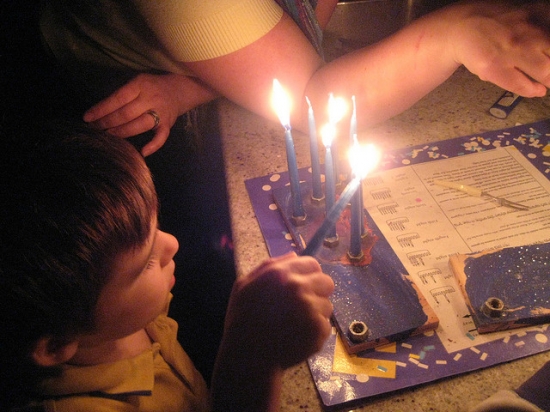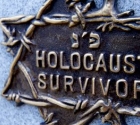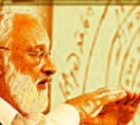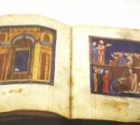
Photo Credit: http://www.flickr.com/photos/goldberg/4201885353/sizes/z/in/photostream/
In memory of our son Yaakov Yehudah Frimer
Among the most commonly asked questions regarding Chanukah is the seeming discrepancy in focus between the Gemara's description of the festival and that recited in the special al ha-nissim insert added to our prayers and birkat ha-mazon during Chanukah. The Gemara in Masekhet Shabbat (21) asks, "What is Chanukah?" and briefly tells the story of the Hasmonean defeat over the Greeks. It then describes the miracle of the oil in the menorah and says that for this reason it was decreed that we light candles on this festival. The al ha-nissim prayer, by contrast, makes no mention of the miracle of the oil. It speaks only of the improbable victory, with a most subtle allusion to the miracle of the oil: "Afterwards, Your children came to the sanctuary of Your home, they cleared Your palace, purified your Mikdash, and lit candles in Your sacred courtyards… " Why does the al ha-nissim prayer focus exclusively on the military victory, while the Gemara in Shabbat stresses the miracle of the oil?
Rabbi David Silverberg (http://www.vbm-torah.org/archive/salt-bereishit/10-5miketz.htm) suggests that the answer perhaps lies in the distinction between the obligation of thanksgiving, expressed by the al ha-nissim prayer, and the educational, religious message which the Gemara seeks to convey. Clearly, our debt of gratitude to the Almighty on Chanukah stems primarily - though not exclusively - from the military miracle, the victory of a small, poorly trained and inexperienced militia over the Greek Empire. Undoubtedly, the long-term ramifications and inherent significance of this miracle far overshadow that of the miracle of the oil. This victory, which restored Jewish independence in Eretz Yisrael, freed the Jews of Greek control over their lives, particularly their religious lives. When we express our feelings of thanksgiving on this festival, we do so primarily for God's assistance on the battlefield.
The Sages, however, wished to put this victory into a broader spiritual context. They understood that the people would relate to this victory with a sense of nationalistic pride rather than focusing on its religious significance. The true miracle of Chanukah is not limited to the Macabees' success in battle, but rather the immense power of a small remnant of "pure oil." While most of the Jewish population of Eretz Yisrael fell prey to the Greeks' efforts at Hellenization, a small jug of pure oil, a few small pockets of faithful Jews, had remained. The Hasmoneans' victory was a victory for the Jewish religion, the triumph of purity over spiritual contamination. The miracle of the oil thus became, in the eyes of the Rabbis of the Talmud, the focal point of this festival, as it shed light (pun intended) on the military victory and everything that had transpired.
Thus, though we thank the Almighty primarily for restoring Jewish independence and religious freedom, we must also reflect on the broader significance of this victory. Even when we feel drowned by the tidal wave of assimilation and secularization, so long as we can hold tight to that single jug of pure oil, the light of Torah and Tradition will shine far brighter and for far longer than we could have ever imagined
 End of Year Event - Hefzibah, Netanya
End of Year Event - Hefzibah, Netanya Additional 1-time Payment to Survivors who worked in the Ghetto
Additional 1-time Payment to Survivors who worked in the Ghetto ITAMAR MAKES FRIENDS - A Review
ITAMAR MAKES FRIENDS - A Review Kabbalah For All
Kabbalah For All Haggadot
Haggadot Passover 5767 ...The Holiday of Freedom
Passover 5767 ...The Holiday of Freedom Aryeh A. Frimer
Aryeh A. Frimer